Professors now have a lot more free time to work on the most fascinating projects thanks to AI language models, which may eventually replace humans with robots. That being said, we have answers if you’re still unsure about how precisely AI may simplify your research life or if you’re just confused about where to begin due to the constant stream of new apps and bots. A selection of the top AI resources for researchers is provided here.
Here is the list of AI tools for research.
ChatGPT
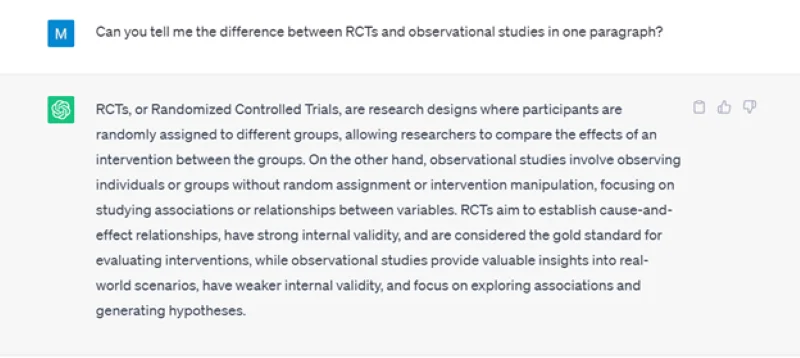
ChatGPT is an AI-powered language model that assists researchers in generating text, answering questions, and facilitating natural language interactions for research purposes.
Key Features and Capabilities:
- Natural language processing for text generation
- Question-answering capabilities for research queries
- Contextual understanding for meaningful interactions
Real-world Use Cases or Examples:
- Generating research summaries and reports
- Answering research-related questions for quick insights
- Facilitating communication and collaboration among researchers
Wordvice AI
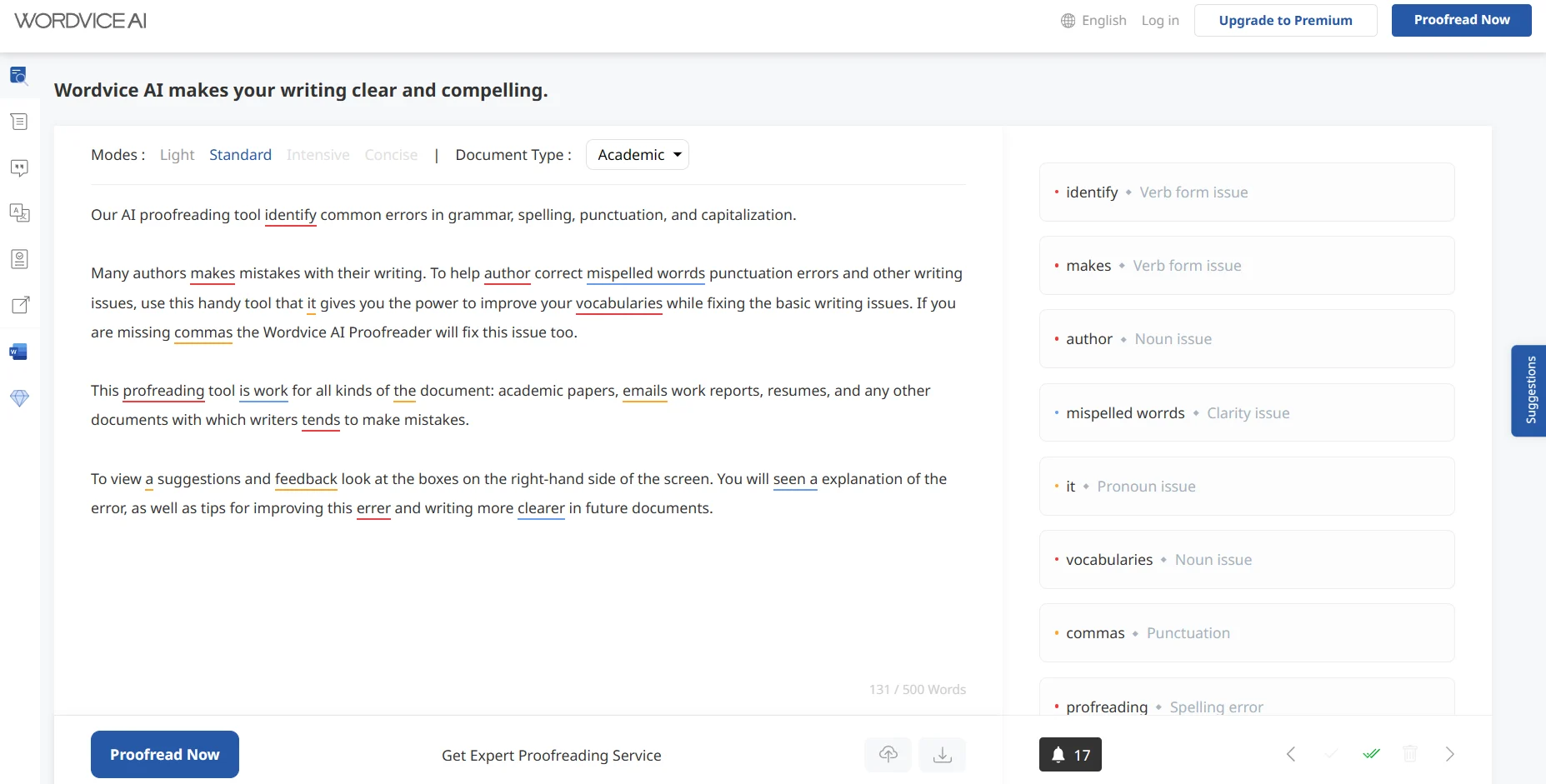
Wordvice AI is an AI-driven writing assistant that helps researchers improve their writing quality, enhance language fluency, and ensure academic integrity in their research papers and publications.
Key Features and Capabilities:
- Grammar and style suggestions for academic writing
- Plagiarism detection and citation recommendations
- Language fluency enhancement for non-native English speakers
Real-world Use Cases or Examples:
- Enhancing research paper quality through AI-driven editing
- Ensuring academic integrity with plagiarism detection
- Improving language fluency in research publications
Typeset.io
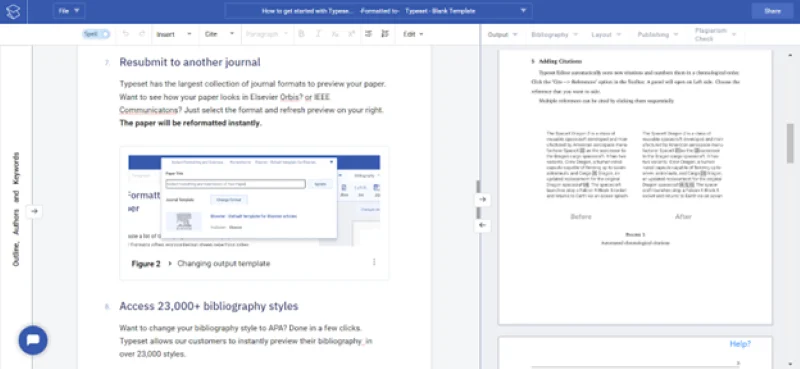
Typeset.io is an AI-powered platform that automates formatting, reference management, and journal submission processes for researchers, saving time and ensuring compliance with publication guidelines.
Key Features and Capabilities:
- Automated formatting of research papers according to journal requirements
- Reference management for accurate citations and bibliographies
- Journal submission assistance for seamless publication processes
Real-world Use Cases or Examples:
- Formatting research papers for submission to academic journals
- Managing references and citations efficiently
- Streamlining journal submission processes with AI assistance
Quillbot
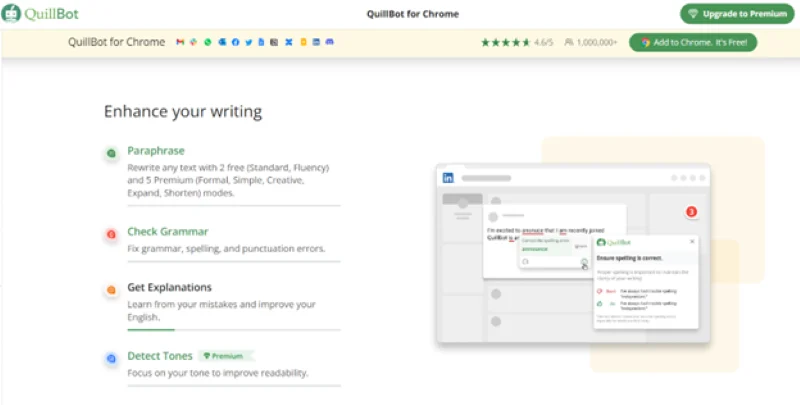
Quillbot is an AI-powered paraphrasing tool that helps researchers rephrase and rewrite text, improve writing clarity, and enhance the originality of their research content.
Key Features and Capabilities:
- Paraphrasing and rewriting text for improved clarity
- Synonym suggestions for enhancing vocabulary diversity
- Plagiarism prevention through original content creation
Real-world Use Cases or Examples:
- Rewriting research findings for better readability
- Enhancing writing quality by diversifying vocabulary
- Ensuring originality in research content through paraphrasing
Scholarcy
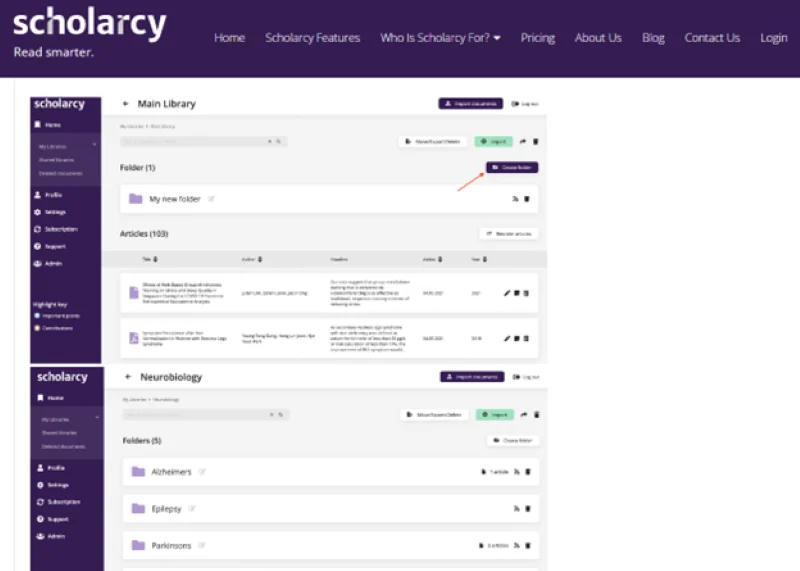
Scholarcy is an AI tool that assists researchers in summarizing research papers, extracting key insights, and organizing information for efficient literature review and analysis.
Key Features and Capabilities:
- Automatic summarization of research articles
- Key insights extraction for quick understanding of complex topics
- Literature review organization for research projects
Real-world Use Cases or Examples:
- Summarizing research papers for quick review
- Extracting key findings from scientific articles
- Organizing literature review sections in research projects
ResearchRabbit
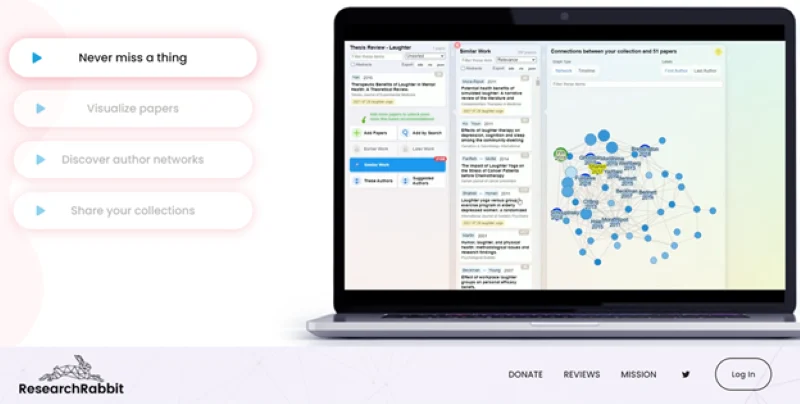
ResearchRabbit is an AI-powered research assistant that helps researchers discover relevant literature, manage references, and stay updated on the latest publications in their field.
Key Features and Capabilities:
- Literature search and discovery for research topics
- Reference management and citation organization
- Publication tracking for staying informed on research trends
Real-world Use Cases or Examples:
- Finding relevant research articles for literature reviews
- Managing references and citations in research projects
- Keeping up-to-date with new publications in specific research areas
ProofHub

ProofHub is a project management tool that incorporates AI features to help researchers collaborate, manage tasks, track progress, and streamline research project workflows effectively.
Key Features and Capabilities:
- Task management and assignment for research projects
- Collaboration tools for team communication and coordination
- Progress tracking and milestone monitoring for project management
Real-world Use Cases or Examples:
- Collaborating on research projects with team members
- Managing tasks and deadlines efficiently
- Tracking project progress and ensuring timely completion
Elicit
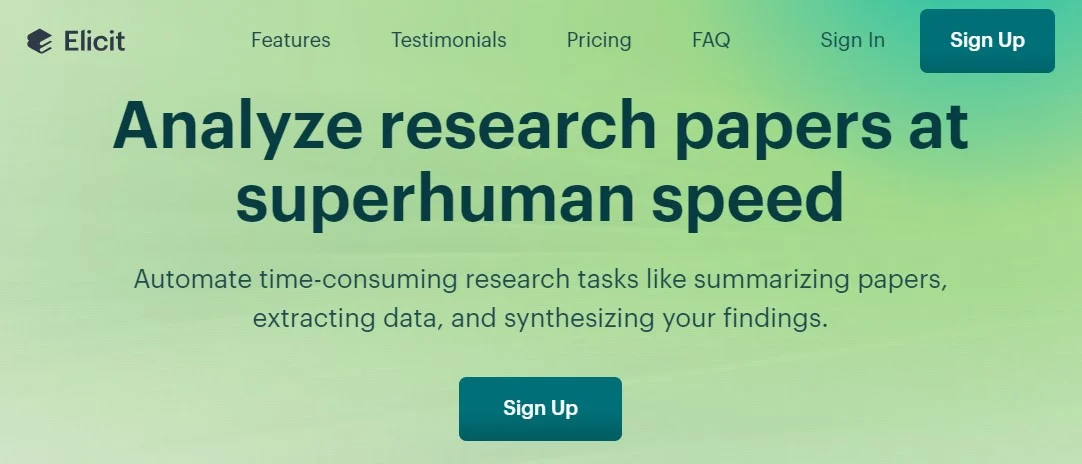
Elicit is an AI tool that facilitates qualitative research data analysis, sentiment analysis, and thematic coding to help researchers derive meaningful insights from qualitative data sources.
Key Features and Capabilities:
- Qualitative data analysis for research studies
- Sentiment analysis for understanding user opinions and feedback
- Thematic coding for organizing and interpreting qualitative data
Real-world Use Cases or Examples:
- Analyzing interview transcripts for qualitative research
- Understanding sentiment in customer feedback for market research
- Organizing themes and patterns in qualitative data analysis
Scite.ai
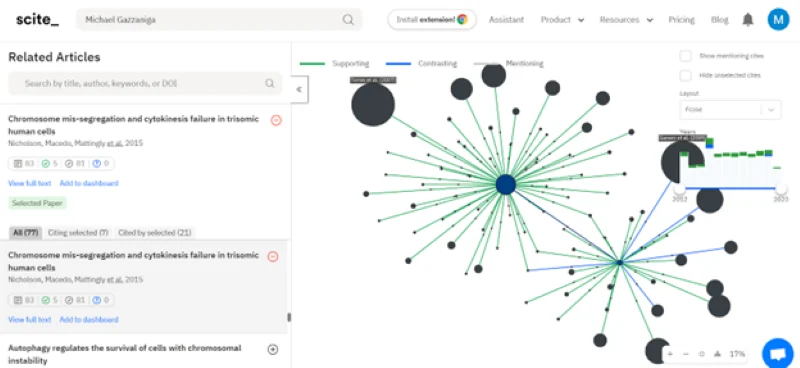
Scite.ai is an AI-powered platform that helps researchers verify and validate scientific claims by analyzing citation contexts, providing transparency in research references, and promoting reproducibility.
Key Features and Capabilities:
- Citation context analysis for verifying research claims
- Reference transparency for evaluating research credibility
- Reproducibility promotion through citation validation
Real-world Use Cases or Examples:
- Verifying scientific claims through citation analysis
- Evaluating research credibility by examining references
- Promoting reproducibility in scientific studies through citation validation
Consensus
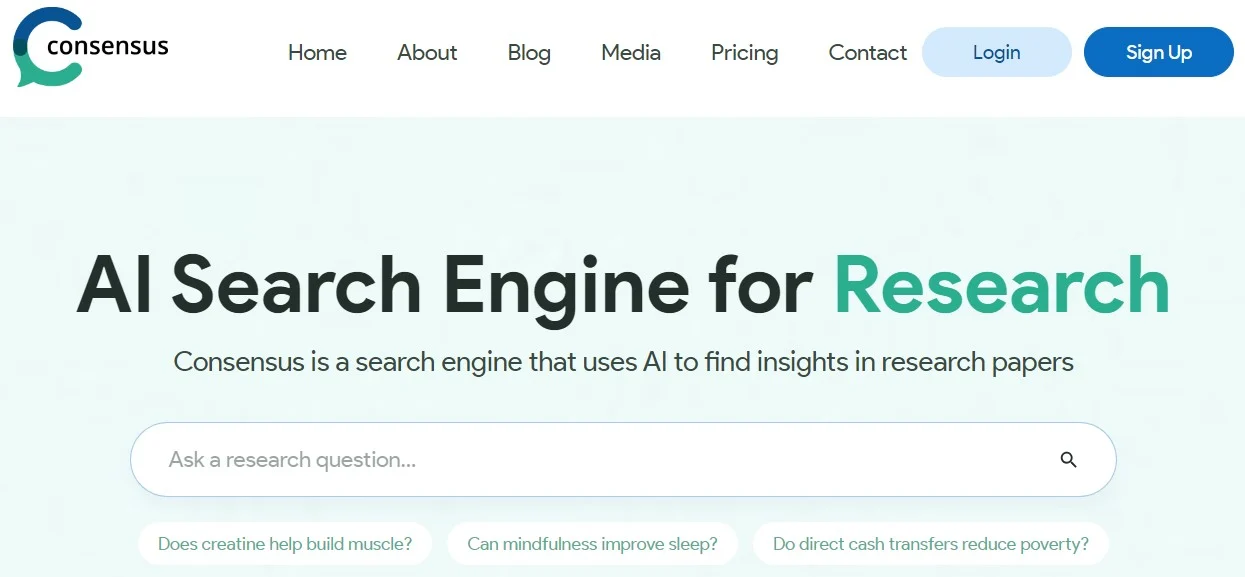
Consensus is an AI tool that facilitates collaborative decision-making, group consensus building, and data-driven insights for research teams to reach agreements and make informed choices.
Key Features and Capabilities:
- Collaborative decision-making tools for research teams
- Group consensus building features for reaching agreements
- Data-driven insights for informed choices and research outcomes
Real-world Use Cases or Examples:
- Facilitating team discussions and decision-making processes
- Building consensus among research team members on project directions
- Making data-driven choices for research strategies and outcomes
Conclusion
In conclusion, the integration of artificial intelligence (AI) tools in research has transformed the way scholars, academics, and researchers conduct studies, analyze data, and disseminate findings. Each of the top 10 AI tools highlighted in this article offers unique capabilities to assist researchers in various aspects of their research process, from writing assistance to data analysis, project management, and decision-making support. By leveraging these cutting-edge AI tools, researchers can enhance their productivity, streamline their workflows, and uncover valuable insights to advance knowledge and innovation in their respective fields. Embrace the power of AI in research to propel your academic endeavors to new heights and make significant
